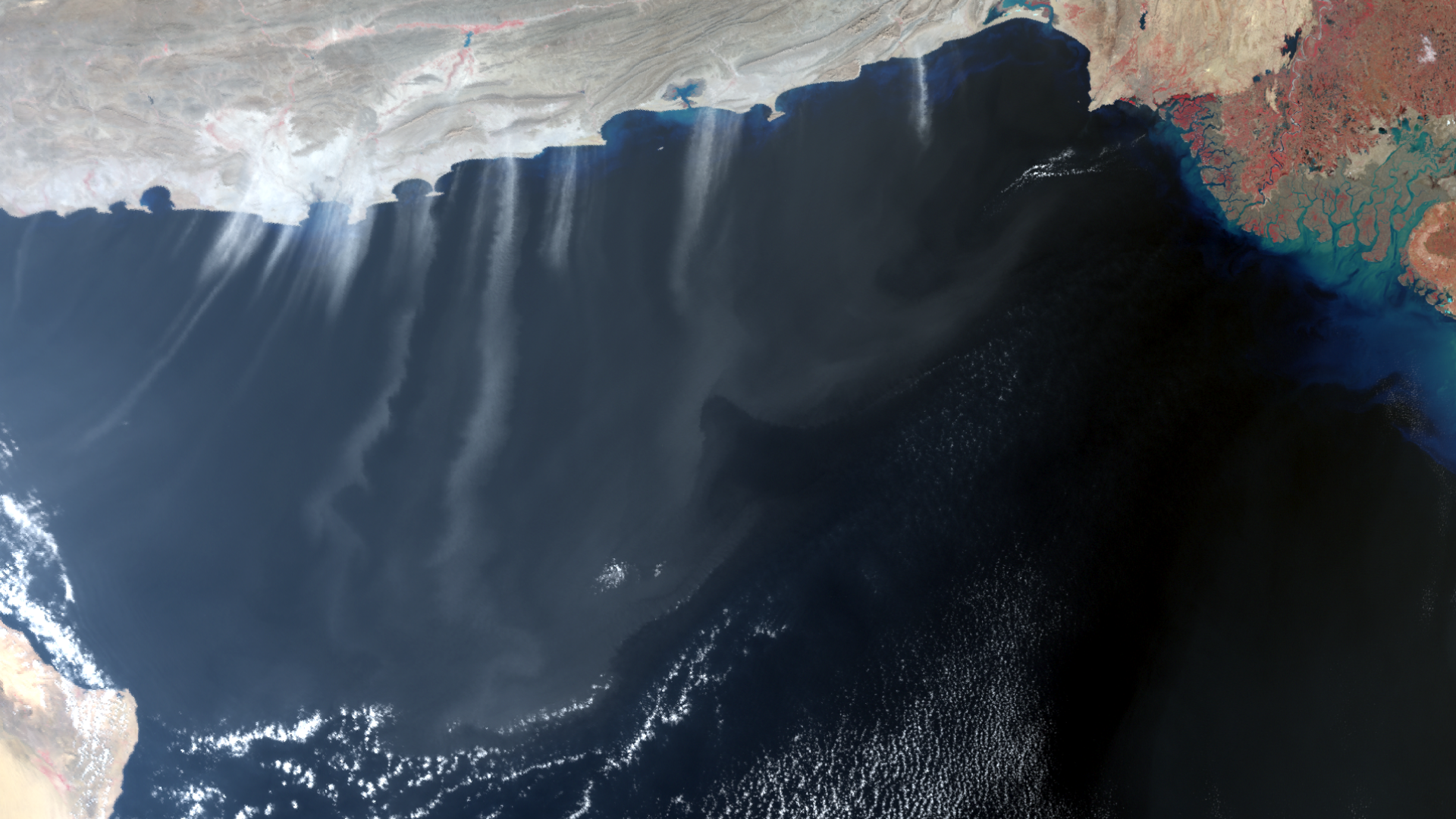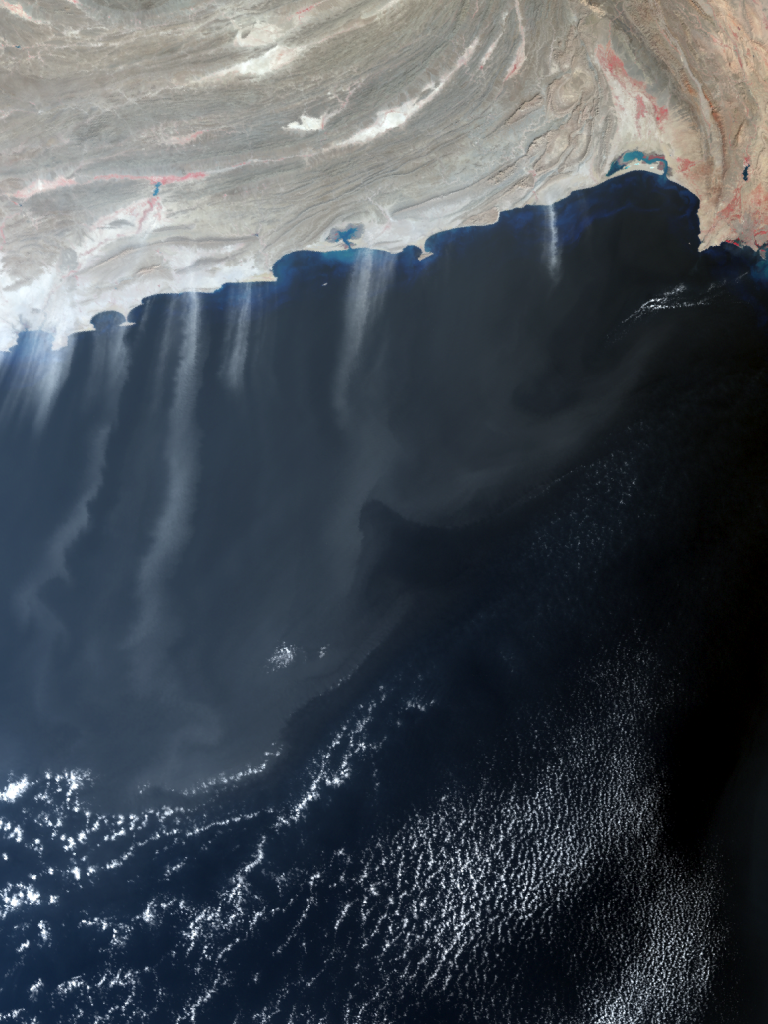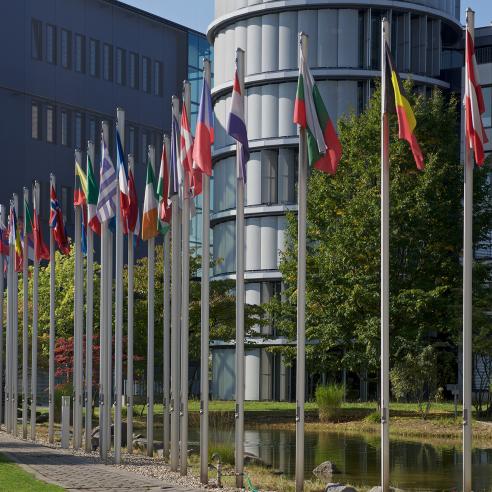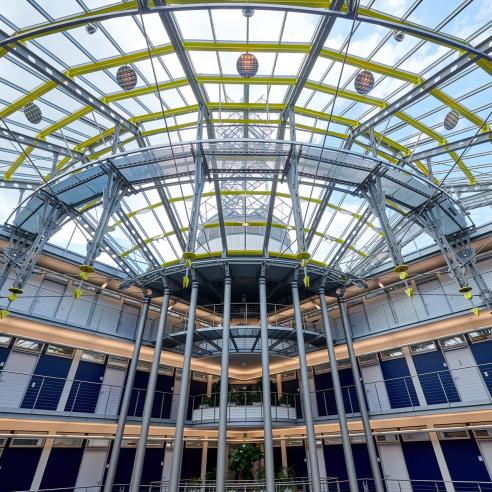
47th CGMS plenary session
EUMETSAT coordinates 47th CGMS plenary session


Preceded by a series of working groups, the 47th Coordination Group for Meteorological Satellites (CGMS) plenary session will take place in Sochi, Russian Federation, on 23-24 May.
12 April 2022
22 May 2019
This year's plenary session is hosted by one of EUMETSAT's cooperating partners: the Federal Service for Hydrometeorology and Environmental Monitoring (Roshydromet).
EUMETSAT's active involvement within the CGMS is one of many ways to implement the EUMETSAT strategy. As a consequence, EUMETSAT also became the permanent CGMS Secretariat after joining in 1987.
Objectives for this year's session
As far as Earth observations from space are concerned, one highlight of the discussions will be the renewal of the World Meteorological Organization (WMO) vision 2040 for the Integrated Global Observing System (WIGOS) and its component systems. The vision will be presented to the WMO Congress for endorsement a few weeks after CGMS-47.
A series of thematic sessions will explore:
- Arctic observations: The key point is to understand the progress made by CGMS partners in preparing high elliptic orbit (HEO) missions including Russia's "Arctica" and to explore if and how CGMS might coordinate such observations to meet users' needs.
- Climate monitoring and greenhouse gas observations: It is expected that the plenary will endorse the CEOS/CGMS statement for UNFCCC SBSTA-50. The European Commission will address the updated roadmap towards an operational CO2 emissions-monitoring service.
- Passive microwave measurements (PMW): This session will further explore how to minimise potential gaps in these types of observations.
The working groups from 19-21 May
The plenary is preceded by a number of working groups addressing the following:
- Satellite systems and operations
- Data and products
- Support for end users
- Identification of a CGMS baseline of observations to enable a risk assessment
- Mitigations of potential gaps of observations
- Space-based observational capabilities for space weather
Finally, the CGMS international science working groups will report on their activities. In 2019, the CGMS IPWG (precipitation) and ICWG (clouds) will present salient points from their respective plenary meetings and raise issues which deserve coordination with CGMS members.
Further information on CGMS can be found on its website here .





